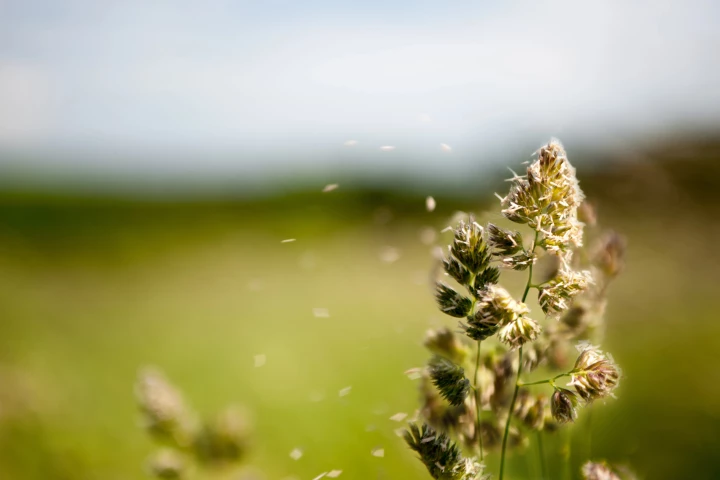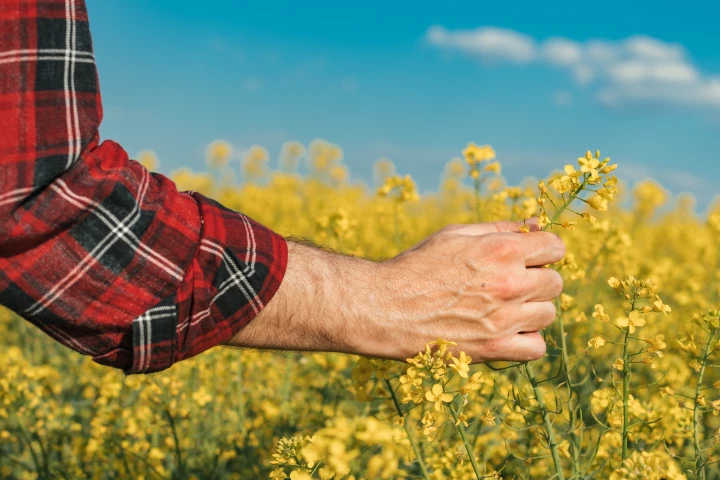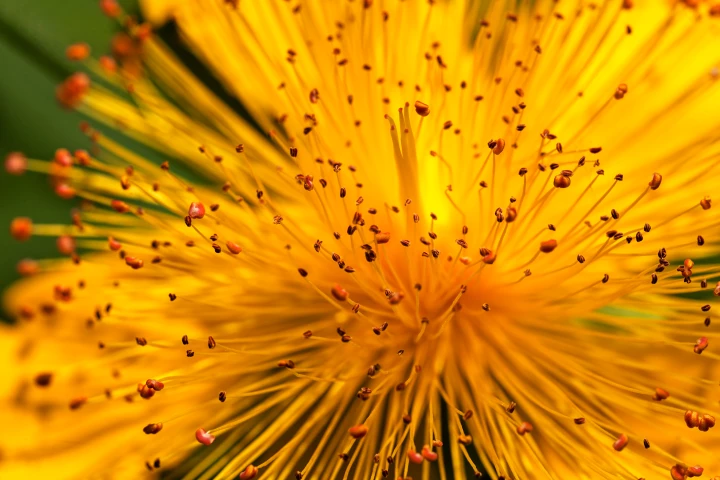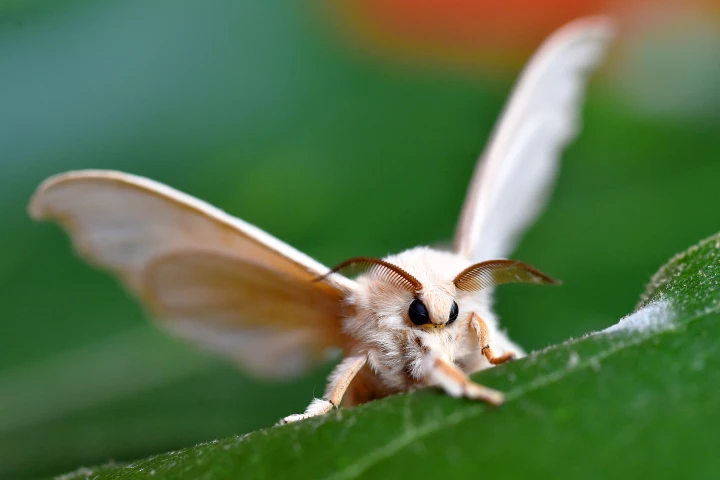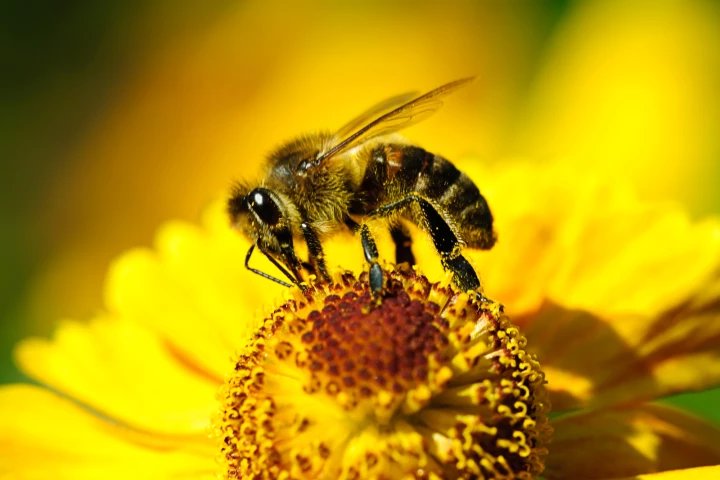Pollen
-
Scientists have developed a nasal 'molecular shield' that disarms pollen, blocking allergic reactions fast without the use of drugs. This non-invasive method to effectively silence hay fever could be a game changer for around 81 million Americans.
-
Beekeepers in many regions are having a hard time of it, as their honeybees struggle to find enough pollen. Scientists are now addressing that problem with a new nutritional supplement which is described as being like "a PowerBar for bees."
-
For the first time, scientists have found that measuring airborne allergen levels, instead of the traditional method of performing a pollen count in real time, can help the 25% of US adults with hay fever better assess risk and manage their symptoms.
-
If evolutionary biologists are the detectives of the natural world’s past mysteries, then the phylogenic tree is their cork board of linked crime-scene suspects. With this, they offer some big news about the origins of flowering plant life on Earth.
-
Want to play a part in the survival of bumblebees? Cater for them! A new study has revealed which plants these VIPs (very important pollinators) make a beeline for, so you can grow their favorite flora and help these fuzzy fussy eaters thrive.
-
As far as insects go, moths get a pretty bad rap. But researchers have found that these nocturnal animals are overachieving when it comes to pollinating plants, and encouraging them to stick around in the garden may be more beneficial than you think.
-
While the recycling of paper is all very well and good, reusing it is even better. A new pollen-based paper was designed with this fact in mind, as text can be printed onto it and then chemically erased multiple times.
-
A new study has found caffeine can be used to help bees locate specific flowers. The research suggests the drug enhances bee memory and makes them more efficient at homing in on certain targeted flowers.
-
For many people, the beauty of spring is countered by the sneezing, runny nose and itchy eyes of allergies that come with warmer weather. For those people, science has some bad news – climate change may be making pollen season longer and more severe.
-
Due to the ongoing worldwide decline in bee populations, farmers are increasingly looking to alternative methods of pollinating fruit-bearing plants. As it turns out, the use of soap bubbles may succeed where things like drones alone have failed.
-
Scientists in Singapore have come up with a new type of soft, pliable particle they say can be used as building blocks for a new generation of green and biocompatible materials, all by using pollen as a starting point.
-
A large percentage of the world's food production relies on bee pollination - but what do we do when the bees can't be relied on? US startup Dropcopter has just demonstrated that it can deliver a 25-60 percent boost in pollination rates using autonomous drones to pick up where the bees left off.
Load More
